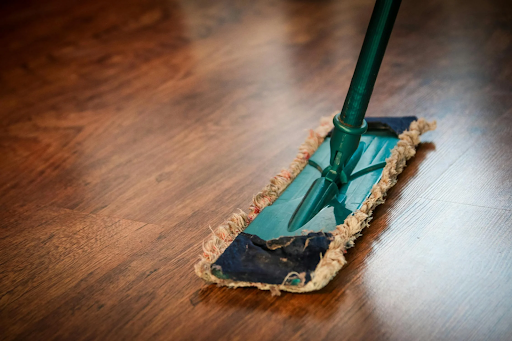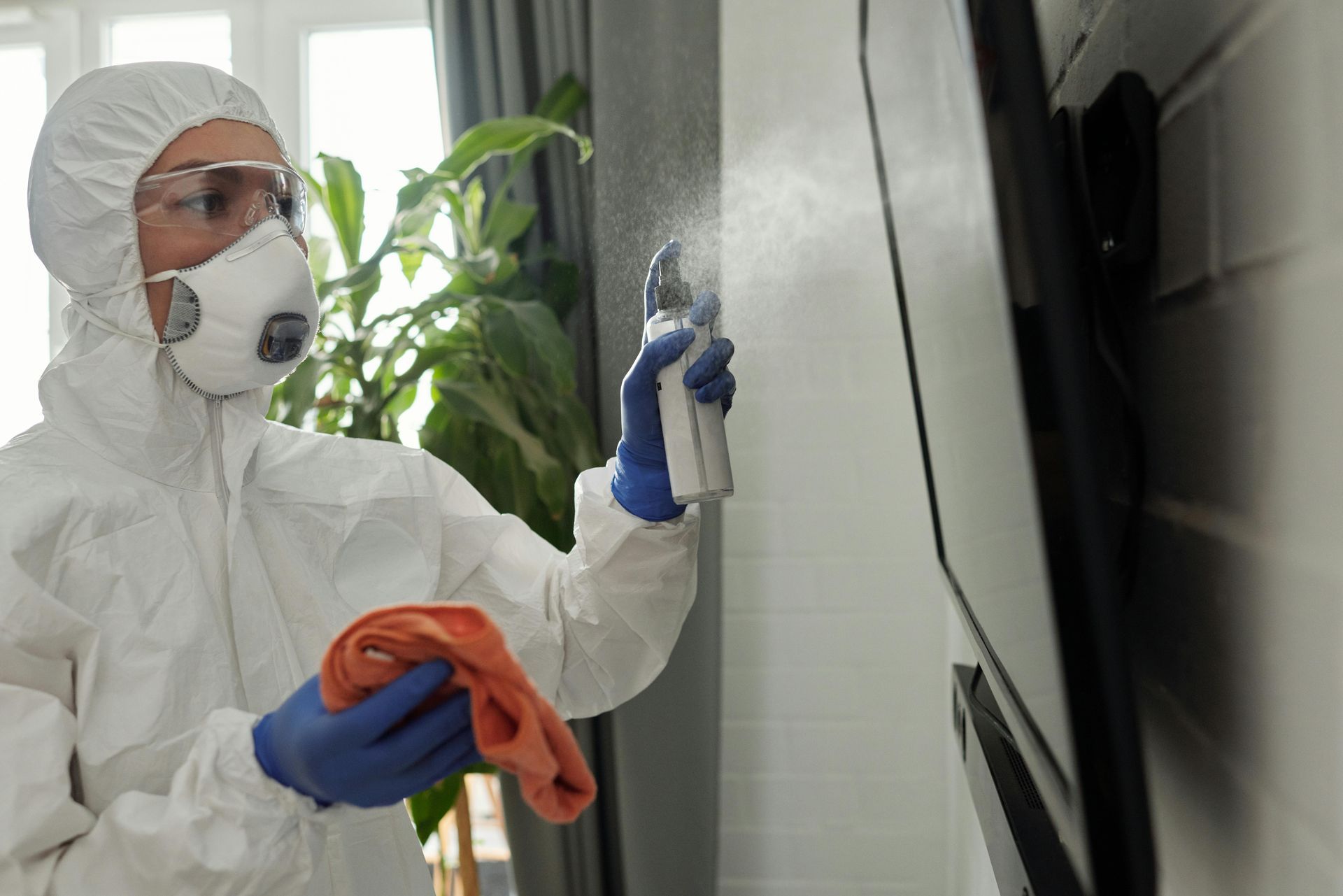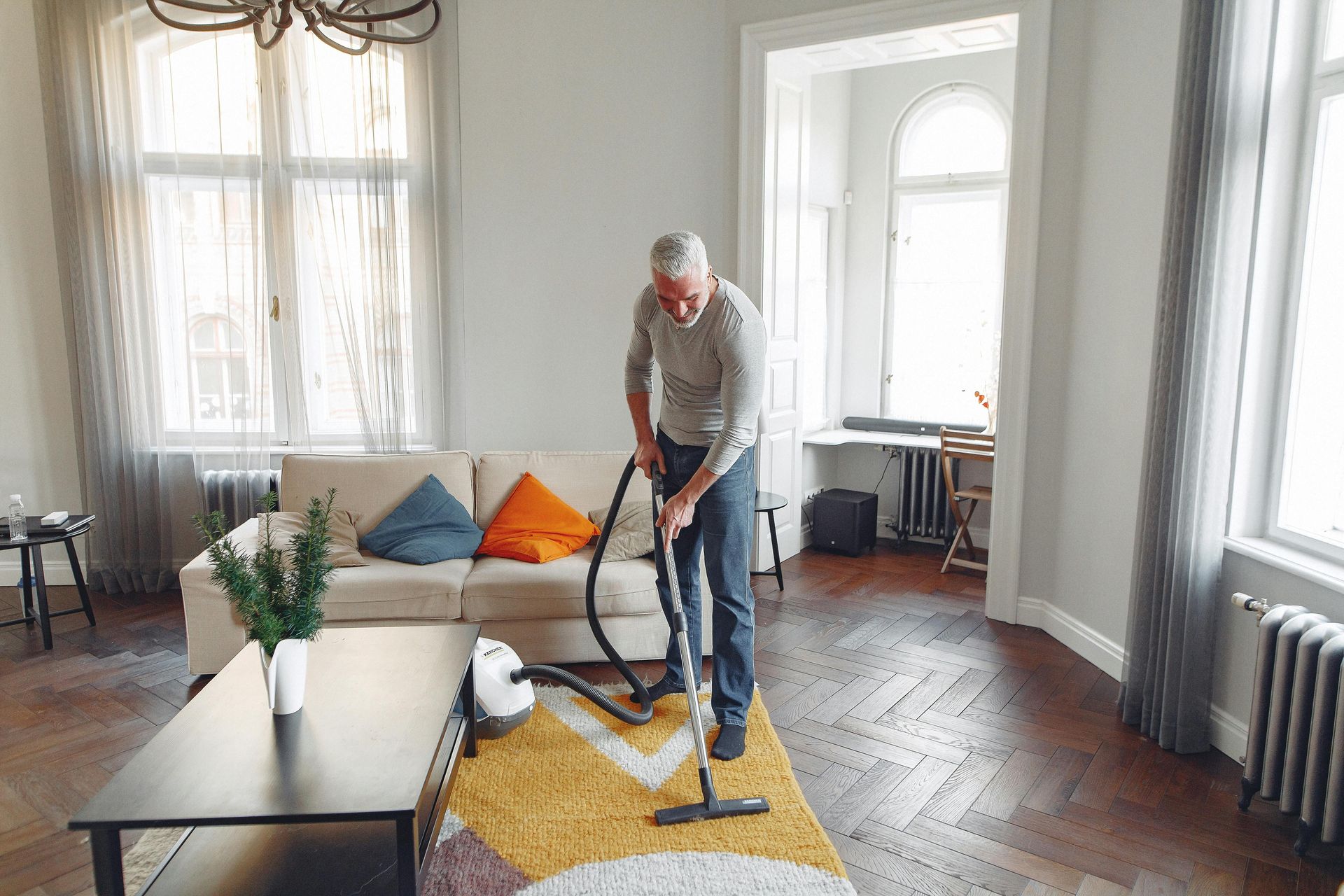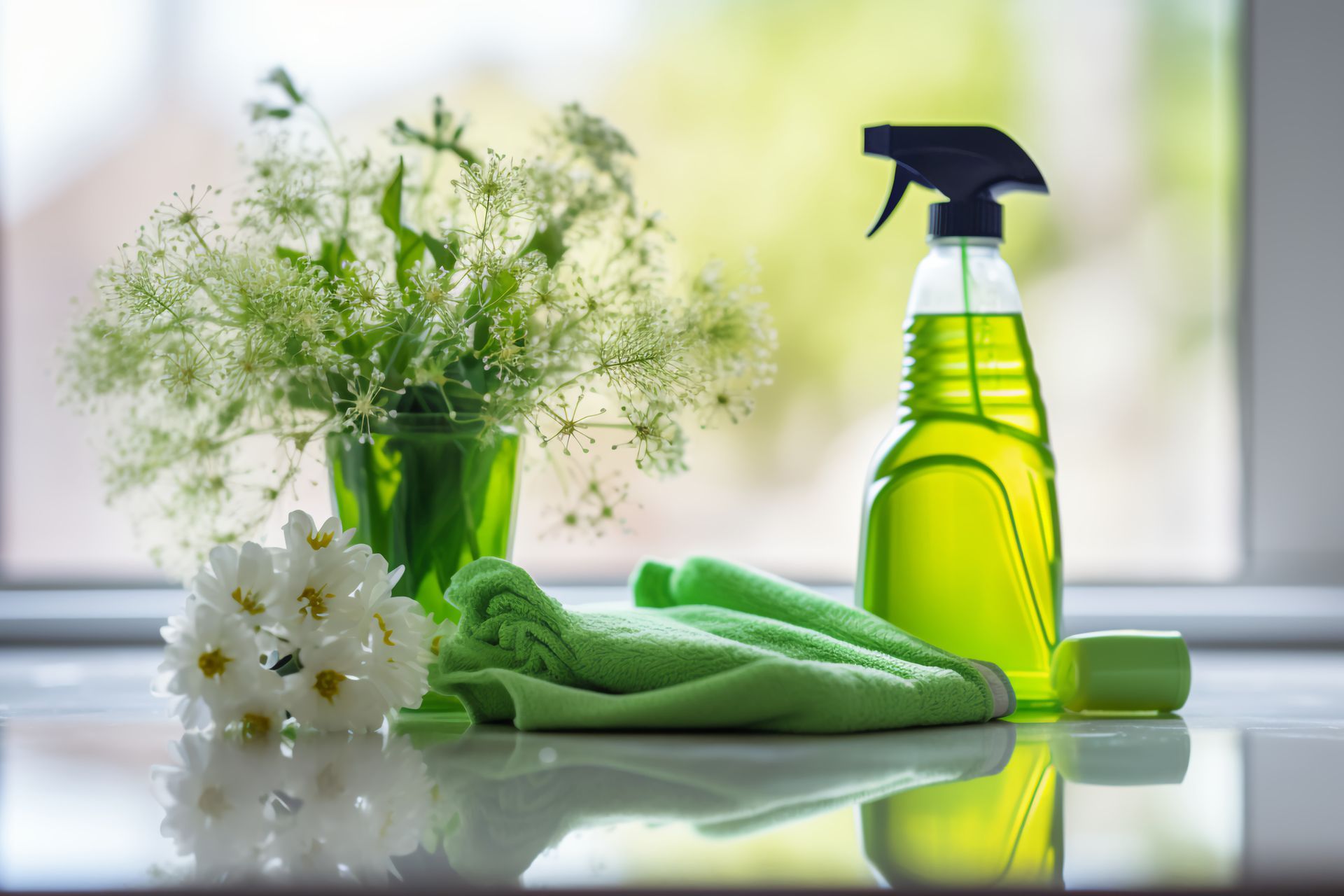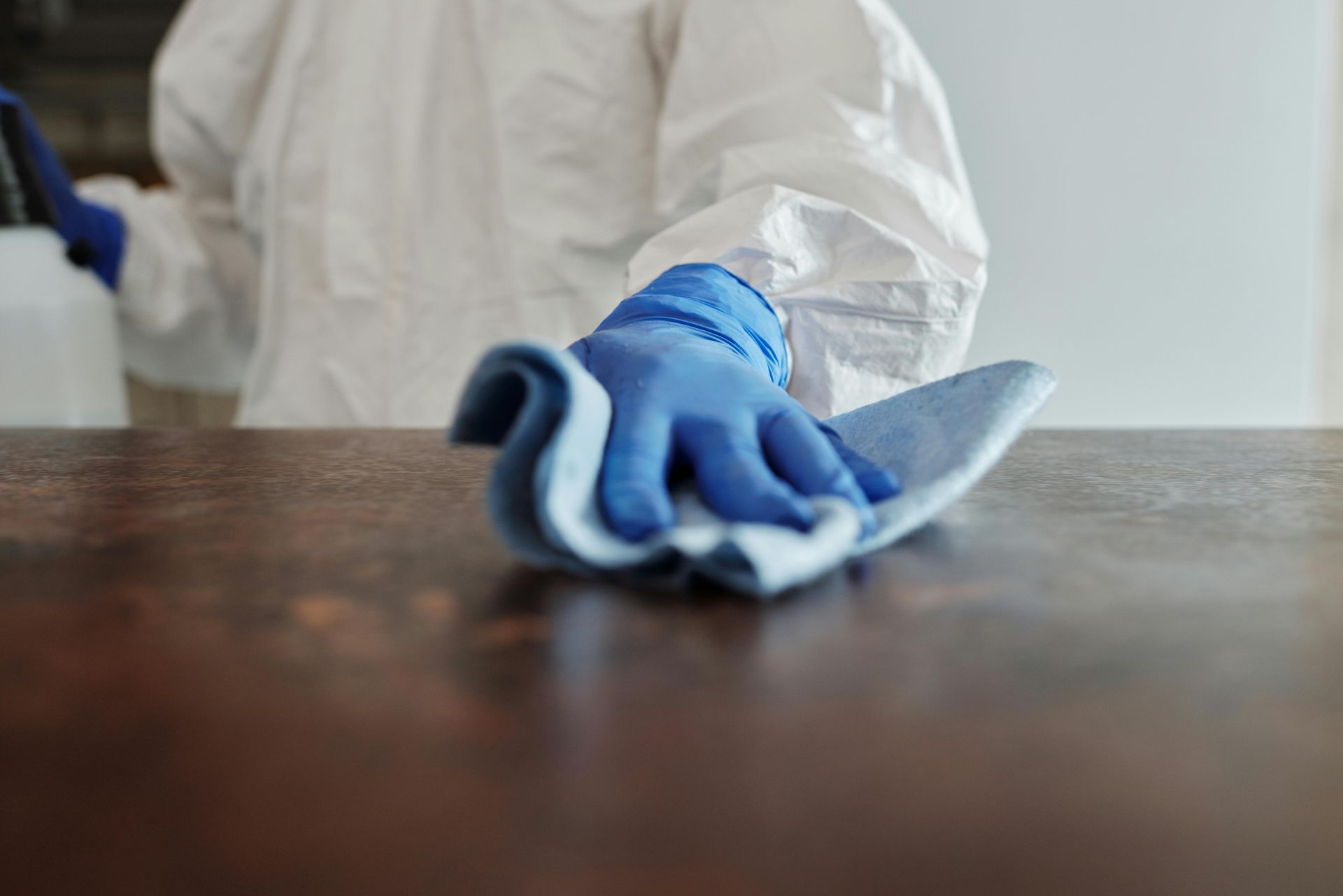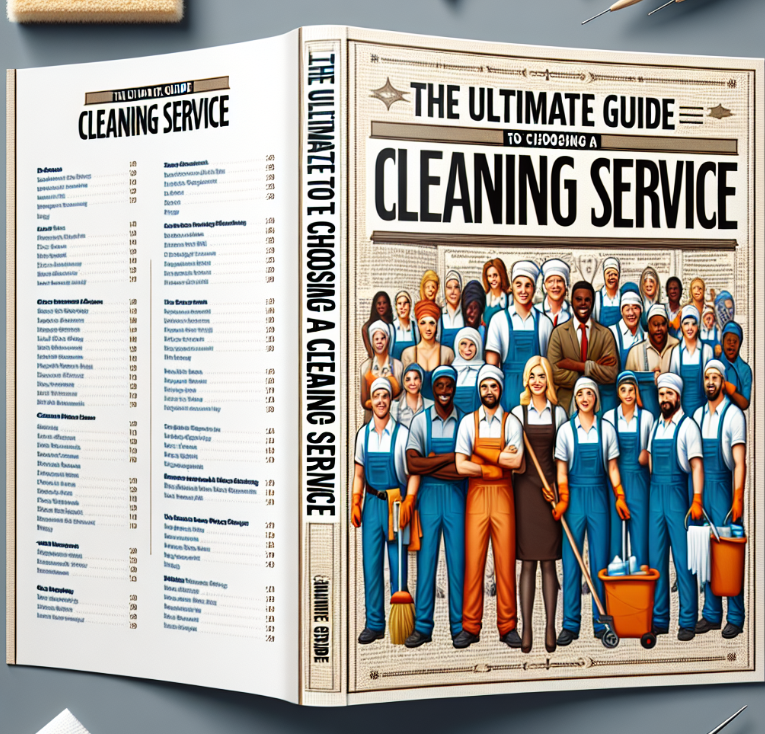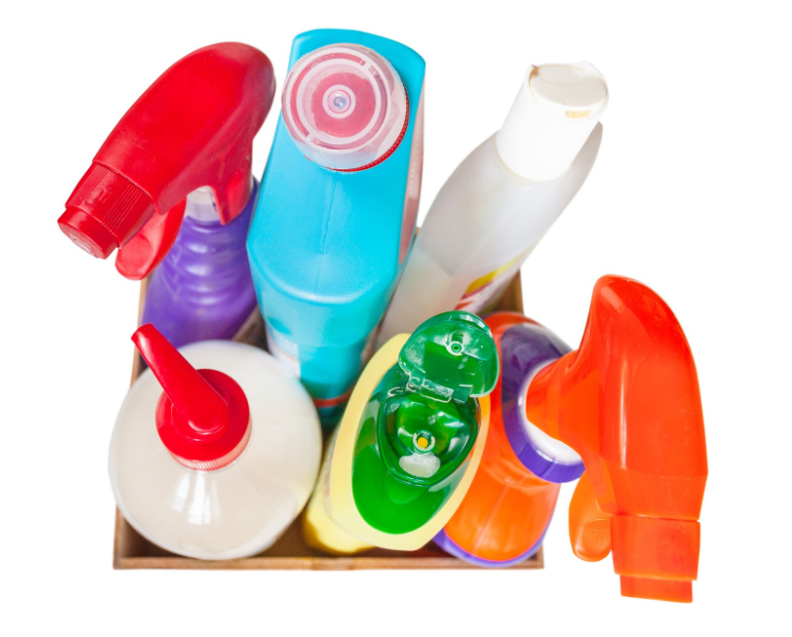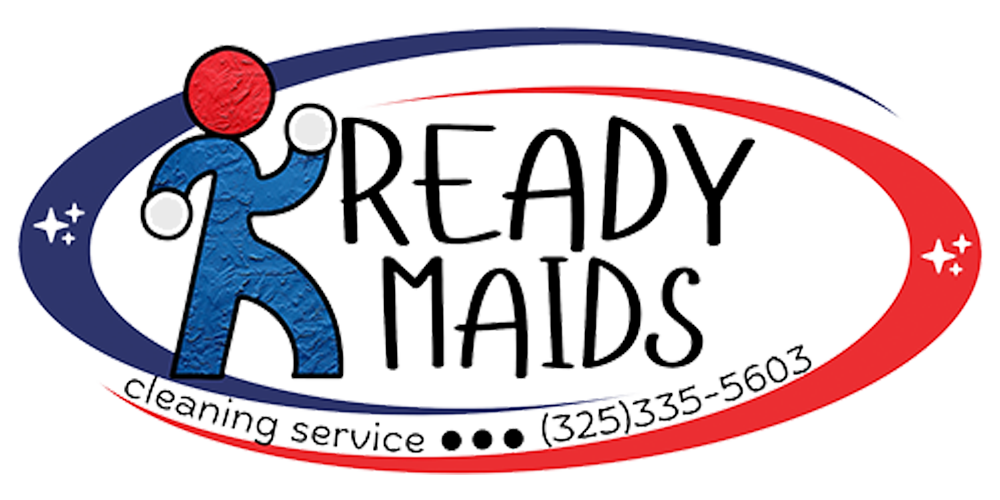How to Organize Your Cleaning Schedule for Maximum Efficiency
An effective cleaning schedule can be the difference between constant stress and a truly peaceful home environment. By mapping out tasks in a logical order, you not only save time but also ensure your home remains a healthy and inviting place to live. According to the U.S. Bureau of Labor Statistics, American adults spend an average of over one hour per day on household activities, including cleaning and maintenance. By adopting a strategic approach, you can reallocate some of that time to things that matter most, such as family, hobbies, or simply unwinding with a good book.
The Importance of a Structured Cleaning Schedule
In chaotic or busy households, unexpected messes can accumulate quickly, leading to anxiety and a sense of being perpetually behind on chores. Having a structured schedule provides clarity: you know exactly which tasks need attention on which days—and how often—so you can manage your responsibilities without feeling overburdened.
Planning also helps to reduce friction among family members or roommates because every person knows their role and can contribute to a cleaner space. By designating tasks and rotations in advance, everyone can evenly share the workload. This approach fosters teamwork and relieves one person from feeling like they have to shoulder all the housework. For those juggling a hectic profession or caring for young children, a streamlined schedule ensures that cleaning remains a doable task rather than an afterthought.
Assessing Your Lifestyle Before You Start
One of the first steps in organizing your cleaning schedule is taking an honest look at your lifestyle. Are you a busy parent with multiple children and constant after-school activities? Are you a work-from-home professional who needs a neat office space to stay productive? Perhaps you have frequent guests and want your home ready for entertainment at short notice. Understanding these unique circumstances helps you determine how frequently you should clean different areas of your home and which tasks demand immediate attention.
For busy families, high-traffic areas like the kitchen and living room may need more frequent touch-ups. Work-from-home professionals will likely focus on keeping their workspace tidy for better concentration, while those who love hosting might prioritize quickly refreshing guest bathrooms and living areas. Matching your schedule to your actual lifestyle makes it more sustainable and more likely that you will keep to it over the long haul.
Deciding on Frequency and Priorities
Each household is different, yet a few general guidelines apply to most environments. Bathrooms and kitchens typically require more frequent cleaning, given their direct impact on health and hygiene. Sanitizing surfaces and disposing of waste regularly can reduce the risk of bacteria or unpleasant odors. Bedrooms might not need daily attention, but a weekly vacuum or dusting can maintain freshness and prevent allergens from building up. Floors and upholstery in high-traffic areas usually need a bit more upkeep than places you seldom use.
Prioritization is key to staying on track. If you are strapped for time, focus on tasks that significantly impact your daily routine or comfort. For instance, counters where you prepare meals take precedence over a hallway closet you open once a month. This method prevents you from wasting precious minutes on chores that don’t actually affect the home’s cleanliness or well-being.
Building Your Structured Cleaning Plan
Start with a calendar—whether digital or a physical planner—to block out time for each chore. Assign a day or two for deep cleaning, depending on your availability, and slot in smaller tasks for maintenance throughout the week. Scheduling light tasks—like wiping surfaces or quick vacuuming—on weekdays can prevent chaos from accumulating, while weekends can be used for more intense projects like cleaning out the refrigerator or organizing closets.
It’s also helpful to track how much time each type of cleaning typically takes. If vacuuming your entire home requires 20 minutes, you can schedule it alongside another activity that also takes around 20 minutes, like dusting or tidying your living room. Time-blocking in this manner allows for better time management and helps you pace yourself. For extra customization, consider separate categories—like daily, weekly, and monthly tasks—and note which tasks belong in each group.
Example Schedules for Different Lifestyles
An organized approach to cleaning can be personalized to suit just about any routine. For instance, parents managing multiple children’s schedules might clean the kitchen every evening to keep pace with the constant usage, while scheduling a Saturday morning deep clean when family members can pitch in. A work-from-home professional might reserve short breaks during the day for quick tasks, like wiping the desk and decluttering papers, to maintain a productive and tidy environment.
Families with limited time might opt for a split schedule: short cleaning sessions on weekdays to keep the home livable, with a more thorough clean planned over the weekend. By contrast, a single individual living in a smaller space may handle most tasks in just a few focused hours, then use quick daily spot-checks to stay on top of clutter. You can even color-code your schedule—red for urgent tasks, yellow for weekly duties, and green for once-a-month or seasonal chores—to quickly check at a glance.
Using Trusted Resources
As you refine your plan, rely on credible information to keep your environment as hygienic and comfortable as possible. Professional organizations like the Centers for Disease Control and Prevention provide tips on cleaning methods that help reduce germs and allergens. These guidelines can help you understand aspects such as safe handling of cleaning agents and optimal times to sanitize high-contact surfaces, giving you confidence in the steps you are taking.
For specific household concerns, scheduling regular professional cleanings can be a wise complement to your daily and weekly habits. By relying on experts such as our experienced team at Ready Maids Cleaning Services, you ensure that critical areas receive specialized attention, freeing up your time to focus on other responsibilities.
Stay Organized and Stress-Free
Creating a well-structured cleaning schedule represents a tangible way to reduce stress and maintain a consistently pleasant home. Over time, you’ll find that your space remains organized, your basic tasks become easier, and you have more freedom for hobbies or social engagements. The best cleaning routine is one you can realistically stick to—one that aligns with your lifestyle goals, offers clarity about tasks and timing, and involves everyone in the household.
To learn more about how Ready Maids Cleaning Services can help streamline your home maintenance, visit our Contact Us page on the official website.
If you’d like additional tips or to explore our full range of services, check out our provided services on Ready Maids Cleaning Services. Empower yourself with an organized cleaning schedule and discover how a stress-free, efficient approach to household tasks can enhance every aspect of daily life.
